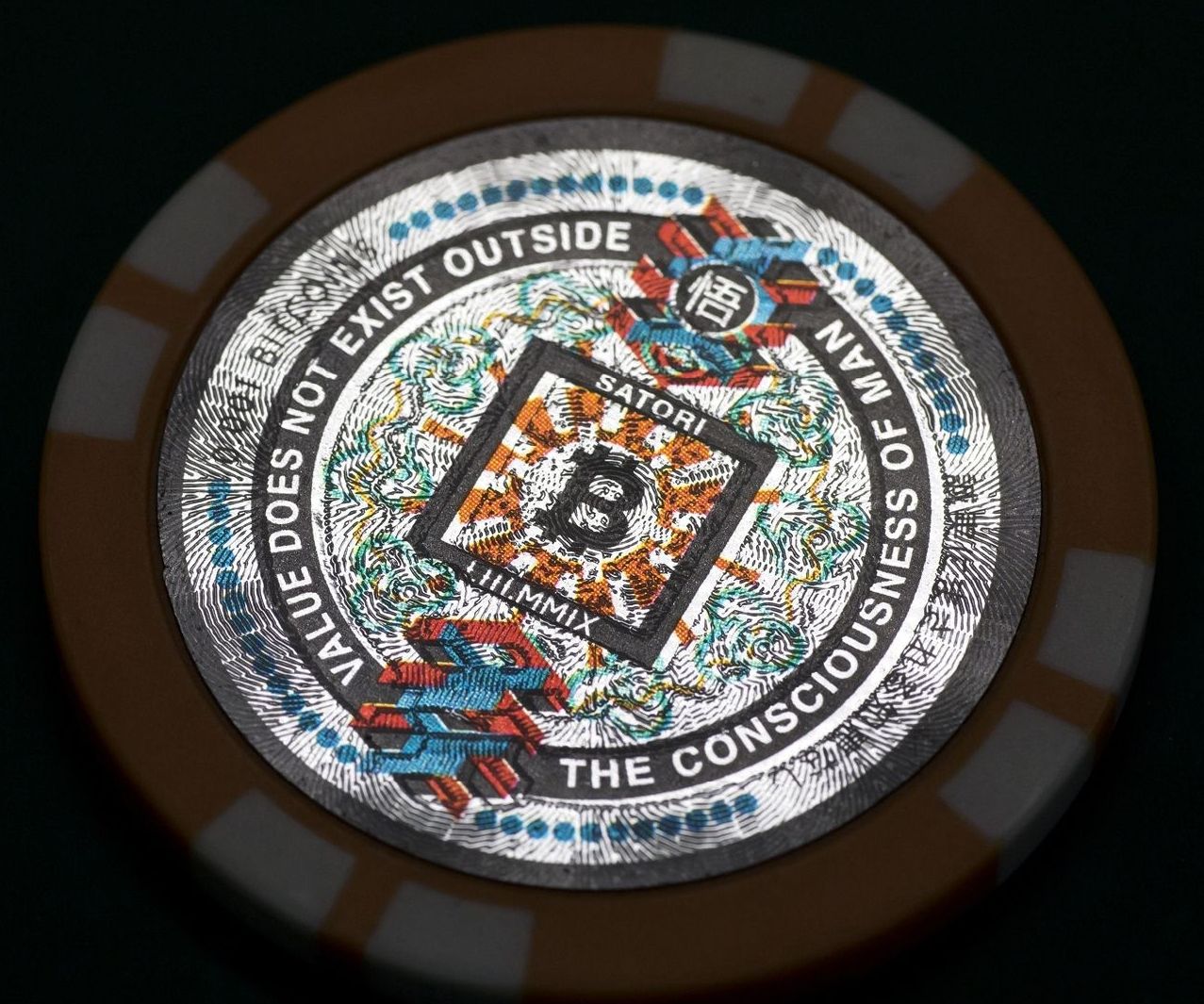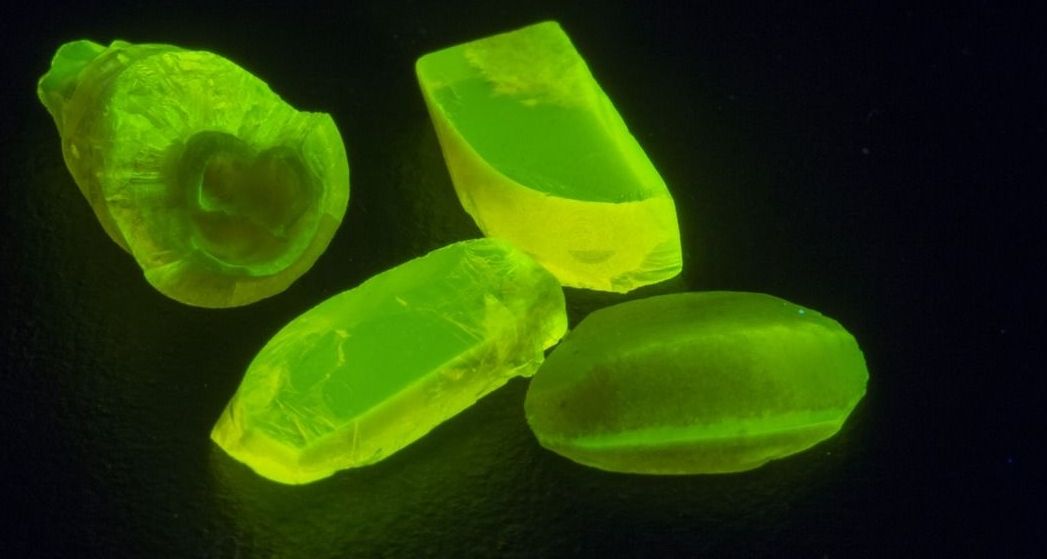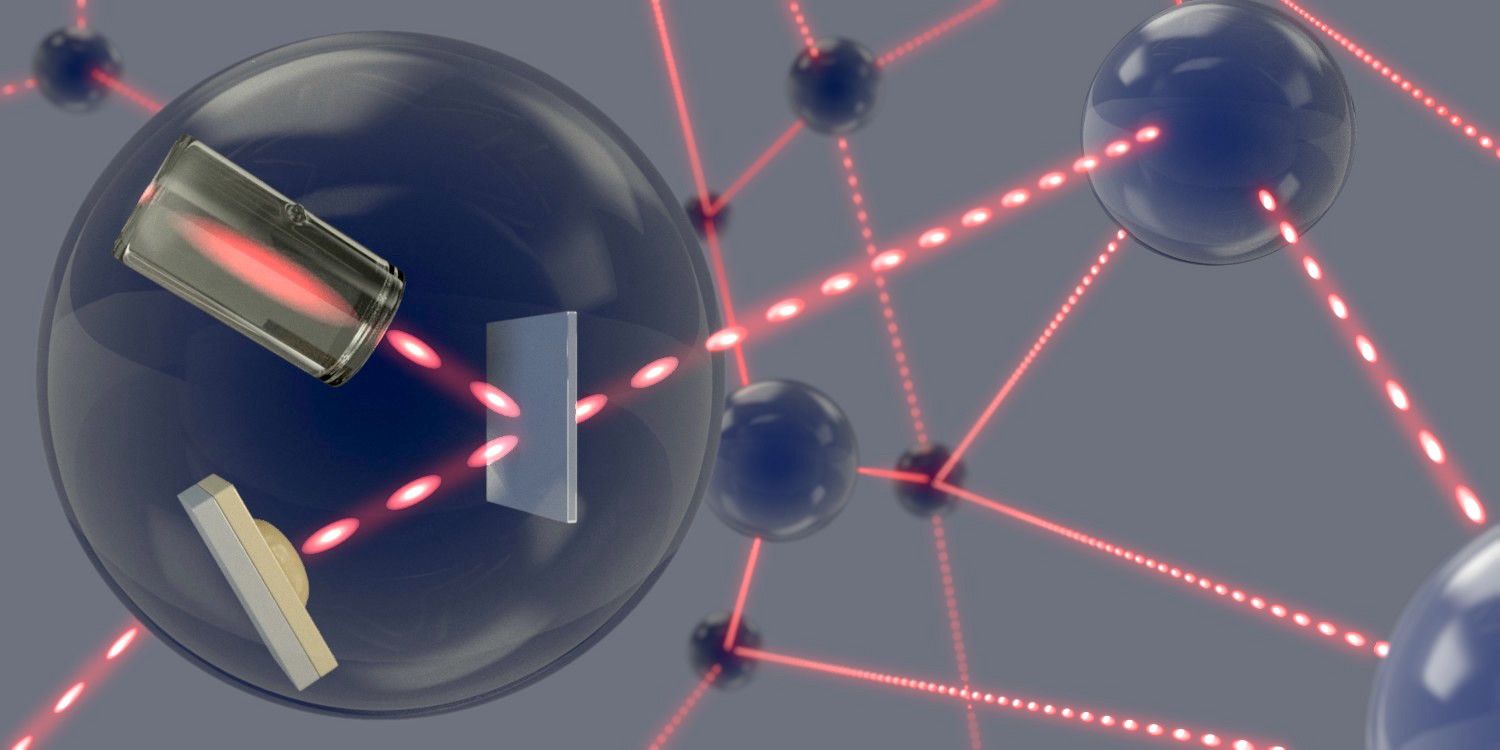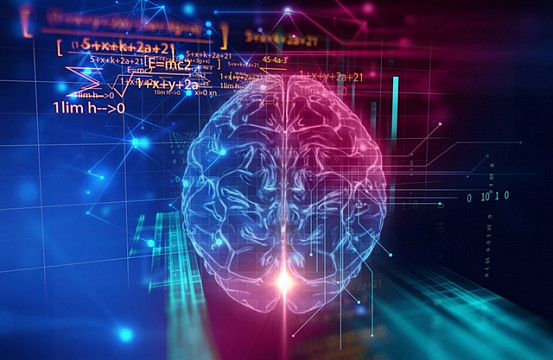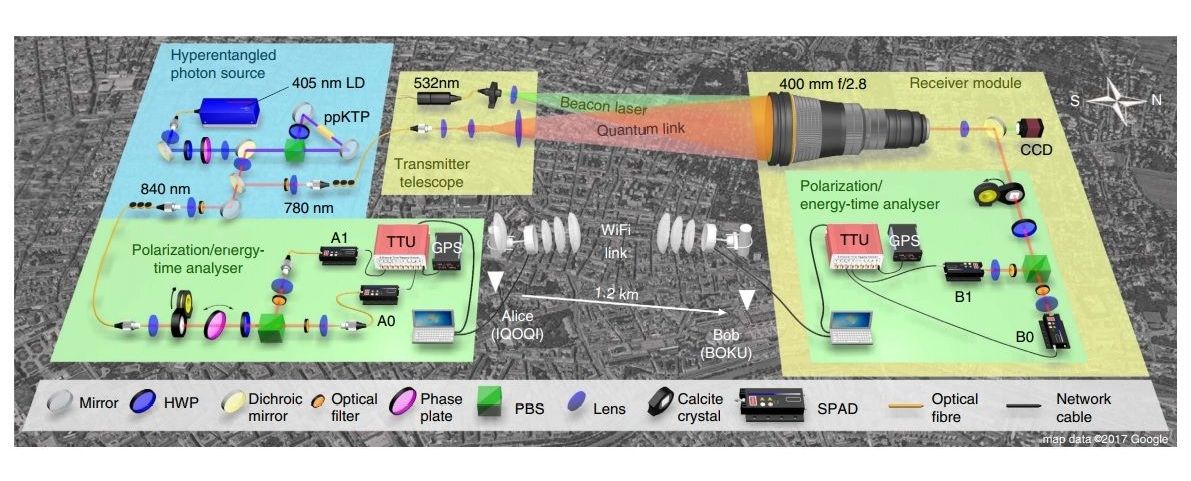NEWPORT BEACH, Calif., July 12, 2017 /PRNewswire/ — Strathspey Crown LLC, a lifestyle healthcare company focused in ophthalmology, medical aesthetic and elective technologies and procedures, today announced that the United States Patent and Trademark Office has issued U.S. Patent No. 9,662,199 covering an implantable intraocular lens with an optic (including accommodating, multifocal and phakic configurations), a camera and an LED display, and a communications module that wirelessly transmit and receive information from an external device (e.g. PDA).
Robert Edward Grant, Founder and Chairman of Strathspey Crown LLC commented, “Video cameras are now a standard feature of smart phone technology and wearable cameras have become popularized by companies like Google and Snap in recent years. This patent represents a significant step forward in the rapidly growing sector of human cyborg technology. The eye, as a transparent medium for light, is ideal for advanced and rechargeable implantables that enable video capture of all of life’s experiences. Our broader vision is to develop ground-breaking medical-grade ocular smart implantables that integrate cellular, WIFI and 802.11 transmissions in an elegant cognitive interface that we believe will enhance human intelligence, augment perceived reality, and digitally capture experiences and individual memories. We look forward to several continuations and expansions on this important intellectual property portfolio.”
Grant further commented, “Although Samsung, Sony and Google have all recently filed patent applications related to the same field, Strathspey Crown is thus far the only company to hold an issued patent in this promising ocular smart implant category. Our first camera-integrated acrylic IOLs will be completed in 2018, upon which we plan to pursue an FDA Investigational Device Exemption (IDE) and subsequent Pre-Market Approval (PMA) and related clinical trial.”
